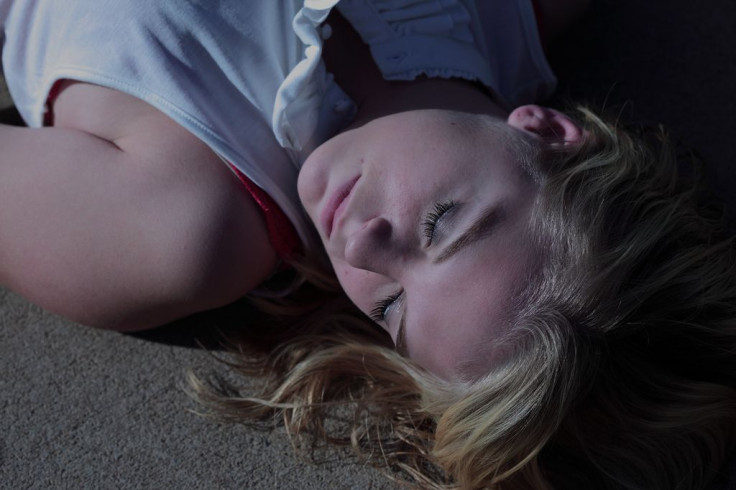Deep Sleep Triggers the Onset of Puberty

Parts of the brain that control the onset of puberty activate during sleep, according to scientists who say that it is extremely important for parents to make sure that adolescents are getting an adequate amount of sleep per night.
Researchers found that slow wave sleep, or deep sleep, is "intimately involved" in the control of the onset of puberty.
While past studies have shown that puberty is triggered by changes in the brain that first become active in sleep, the latest findings, published in the Journal of Clinical Endocrinology and Metabolism (JCEM), show that deep sleep, rather than sleep in general, is associated with the activation of puberty.
Other factors that may influence the onset of puberty, when a person can first start reproducing, include an individual's genetic makeup, nutritional habits, their environment and some social factors. For some, puberty may start between the ages of 8 and 13 for females and between the ages of 9 and 14 for males.
Researchers from the Boston Children's Hospital monitored hormone levels in children aged nine to 15 as they slept.
The team focused on one hormone, luteinizing hormone (LH) secretion, which is essential for reproduction because it triggers ovulation in females and stimulates the production of testosterone in males.
Results from the study showed that the majority of LH pulses that occur after sleep are preceded by deep sleep, suggesting that deep sleep is intimately involved in pubertal onset.
"If the parts of the brain that activate the reproductive system depend on deep sleep, then we need to be concerned that inadequate or disturbed sleep in children and young adolescents may interfere with normal pubertal maturation," lead author Dr. Natalie Shaw of Massachusetts General Hospital and Boston Children's Hospital, said in a statement.
"This is particularly true for children who have been diagnosed with sleep disorders, but may also have more widespread implications as recent studies have found that most adolescents get less sleep than they require," Shaw added.
Published by Medicaldaily.com



























